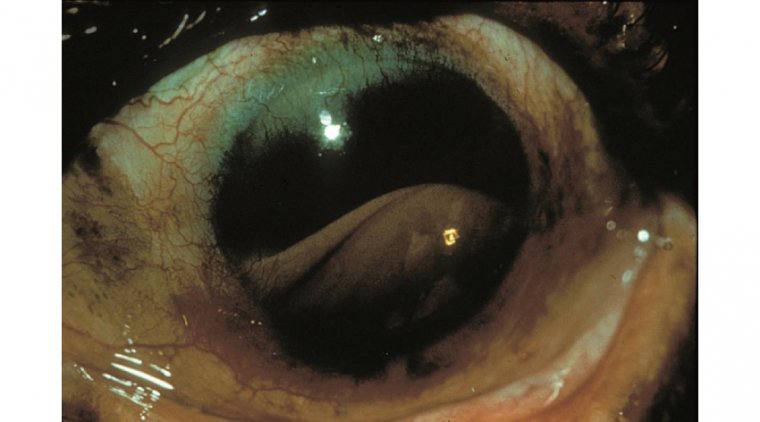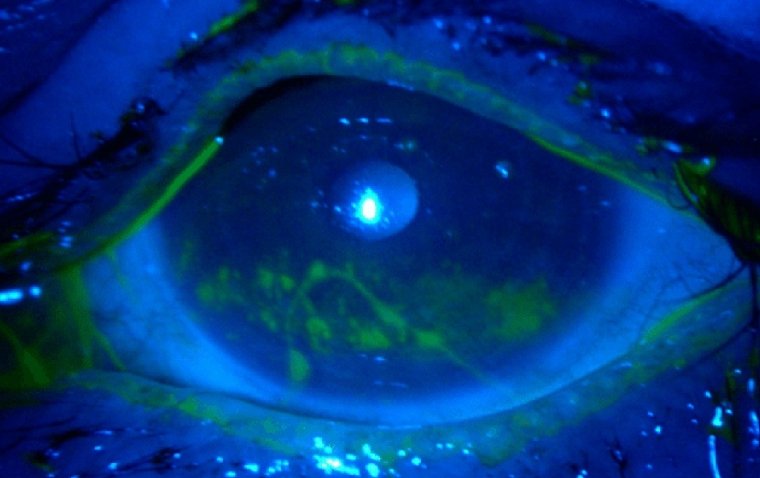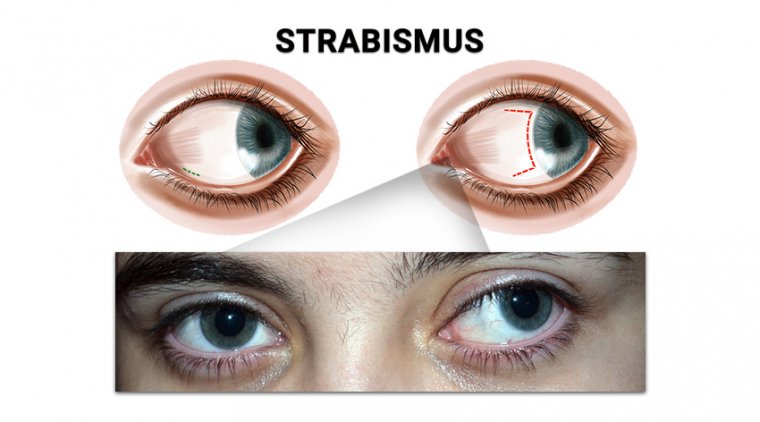
How to Recognize and Manage Symptoms of Ghost Cell Glaucoma
Ghost cell glaucoma, also known as hemorrhagic glaucoma, is a rare and serious form of secondary open-angle glaucoma that can cause significant vision loss if left untreated. In this article, we'll explore what ghost cell glaucoma is, what causes it, and how it can be treated.
How Does Ghost Cell Glaucoma Occur?
Ghost cell glaucoma occurs when red blood cells are released into the eye, causing them to break down and form ghost cells. These cells then clog the trabecular meshwork, which is the drainage system of the eye, leading to an increase in intraocular pressure. This increased pressure can cause damage to the optic nerve, which is responsible for transmitting visual information from the eye to the brain, leading to vision loss.
Causes and Symptoms of Ghost Cell Glaucoma
Trauma: Ghost cell glaucoma can occur as a result of blunt or penetrating trauma to the eye. This can cause red blood cells to be released into the eye's drainage system, leading to blockage and increased eye pressure.
Vitreous hemorrhage: Bleeding into the vitreous humor (the clear, gel-like substance that fills the back of the eye) can cause red blood cells to enter the eye's drainage system and lead to ghost cell glaucoma.
Retinal detachment surgery: In rare cases, ghost cell glaucoma can occur after surgery to repair a detached retina.
Symptoms of ghost cell glaucoma can include eye pain, redness, and vision loss. Individuals may also experience halos around lights, blurred vision, and sensitivity to light. It's important to note that in some cases, ghost cell glaucoma may not cause any symptoms until significant vision loss has occurred, making regular eye exams crucial for early detection and treatment.
.jpg)
Ghost Cell Glaucoma Credit: American Academy of Ophthalmology
Can Ghost Cell Glaucoma Cause Permanent Vision Loss?
Ghost cell glaucoma can cause permanent vision loss if left untreated. As the intraocular pressure increases, it can cause damage to the optic nerve, which can lead to a loss of vision. If the condition is caught early, and treatment is started promptly, it is possible to prevent permanent vision loss. However, if left untreated, ghost cell glaucoma can cause irreversible damage to the optic nerve, leading to permanent vision loss.
Treatment of Ghost Cell Glaucoma
Treatment for ghost cell glaucoma typically involves lowering intraocular pressure to prevent further damage to the optic nerve. This can be achieved through the use of eye drops, laser trabeculoplasty, or surgery. In some cases, a combination of these treatments may be used.
Eye drops, such as prostaglandin analogs, beta-blockers, or alpha-agonists, can be used to reduce intraocular pressure. Laser trabeculoplasty involves the use of a laser to improve the drainage of fluid from the eye, while surgery, such as trabeculectomy or glaucoma drainage devices, can create a new drainage channel to lower intraocular pressure.
Can Ghost Cell Glaucoma Be Prevented?
There is no known way to prevent ghost cell glaucoma, as the condition is typically caused by trauma or vitreous hemorrhage, both of which can be unpredictable. However, there are steps that individuals can take to reduce their risk of eye trauma, such as wearing protective eyewear during certain activities, avoiding activities that put the eyes at risk of injury, and seeking prompt medical attention if an eye injury occurs. Additionally, regular eye exams can help detect any eye problems early, which can help reduce the risk of complications like ghost cell glaucoma.
In conclusion, ghost cell glaucoma is a serious form of secondary open-angle glaucoma that can cause significant vision loss if left untreated. It can occur following certain types of eye surgery or as a result of eye trauma or underlying medical conditions. Treatment for ghost cell glaucoma involves lowering intraocular pressure through the use of eye drops, laser trabeculoplasty, or surgery. Early detection and treatment are crucial for preventing vision loss and maintaining eye health.
(1).jpg)










